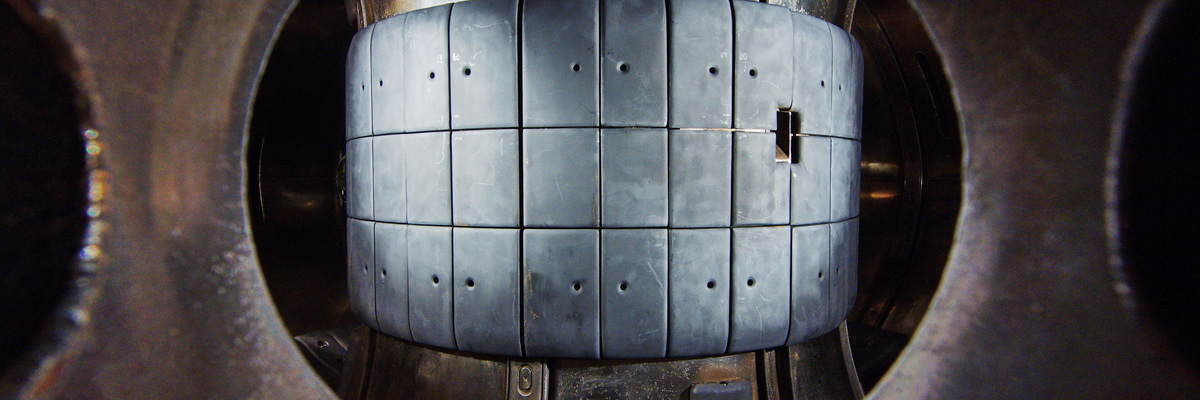
ESIF and Horizon 2020
European Structural and Investment Funds (ESIF)
ESIF are the European Union's main investment policy tool for implementation of the Cohesion Policy. This policy is focused on economic, social and territorial cohesion which means reducing disparities between the various regions and the backwardness of the least-favoured regions. ESIF make up one of the largest items of the budget of the European Union.
European Structural and Investment Funds consist of European Regional Development Fund (ERDF), European Social Fund (ESF), Cohesion Fund (CF), European Agricultural Fund for Rural Development (EAFRD), and European Maritime & Fisheries Fund (EMFF).
Programming Period
The EU implements the objectives of its regional and structural policies in seven-year cycles, for which the member states prepare always new programming documents. These documents specify the budget and define and set new objectives and priorities to be achieved and fulfilled in accordance with the EU strategic documents in the given period.
Financial Management
The European Commission commits the funds and pays the certified expenditure to each country. National or regional managing authorities are responsible for selecting, implementing, monitoring and evaluating individual projects according to the priorities and objectives agreed with the European Commission. Afterwards, each operational programme is governed by the relevant managing authority, usually a ministry.
Operation Programmes
There are 8 operation programmes in the Czech Republic in the programing period 2014–2020. Three of them could be of interest to the science community: the Operational Programme Research, Development and Education (OP RDE) is the key financial source for research activities; the Operation Programmes Prague – the Growth Pole of the Czech Republic and Enterprise and Innovation for Competitiveness mainly support business and enterprises, whereas research organisations’ role is rather limited.
More information on European Structural and Investment Funds: http://www.strukturalni-fondy.cz/en/Homepage
Operational Programme Research, Development and Education (OP RDE)
OP RDE is multi-fund and multiannual operational programme with allocation 2,77 billion EUR managed by the Ministry of Education, Youth and Sports. It is divided into 4 priority axes:
- Priority axis 1: Strengthening capacities for high-quality research
- Priority axis 2: Development of universities and human resources for research and development
- Priority axis 3: Equal access to high-quality pre-school, primary and secondary education
- Priority axis 4: Technical assistance
OP RDE Calls: http://www.msmt.cz/strukturalni-fondy-1/vyzvy-op-vvv (in Czech only)
OP RDE News: http://www.msmt.cz/strukturalni-fondy-1/aktualni-informace-op-vvv (in Czech only)
Horizon 2020 Framework Programme is managed directly by the European Commission (i.e. calls for proposals, project applications, evaluation and contractual arrangements) whereas the administration of the Structural Funds is delegated to the Member States.
Most of the Horizon 2020 themes support collaborative research projects where at least three organisations from different countries form a consortium. On the other hand, the Structural Funds finance the national mono-participant projects.
In view of achieving greater impact and efficiency, synergies between Horizon 2020 and the Structural Funds are promoted.
ANLUPA https://www.anlupa.cz/ – Searching tool for European and national calls
Horizon 2020 is the EU Framework Programme for research and innovation 2014–2020. Horizon 2020 replaced EU’s Seventh Framework Programme for Research (FP7), which was the European Union’s main instrument for funding research in Europe 2007–2013. Furthermore, Horizon 2020 includes also initiatives such as ERA-NET Cofund, Joint Technology Initiatives (JTIs) and Joint Programming Initiatives (JPIs).
Call for Proposals
Funding opportunities under Horizon 2020 are set out in multiannual work programmes, which are prepared by the European Commission. The work programme describes the overall objectives, the respective calls for proposals, and the topics within each call. Calls for proposals are published during the year and can be found online on the Participant Portal.
Who Can Participate
Researchers, as well as any company, research organisations, universities, non-governmental organisations, non-profit organisations, civil society organisations, associations or enterprises are eligible for taking part in Horizon 2020.
Horizon 2020 Sections
Horizon 2020 focuses on three priorities, namely generating excellent science in order to strengthen the European Union's world-class excellence in science, fostering industrial leadership to support business, including micro, small and medium-sized enterprises (SMEs) and innovation, and tackling societal challenges, in order to respond directly to the challenges identified in the Europe 2020 strategy by supporting activities covering the entire spectrum from research to market.
In addition to the three main priorities, the programme supports specific objectives Spreading excellence and widening participation and Science with and for society, also non-nuclear direct actions of the JRC and the European Institute of Innovation and Technology (EIT). Moreover, the budget of Horizon 2020 covers the separate but complementary Euratom programme 2014–2018.
Horizon 2020: http://ec.europa.eu/programmes/horizon2020/en/
Horizon 2020 in the Czech Republic: http://www.h2020.cz/cs